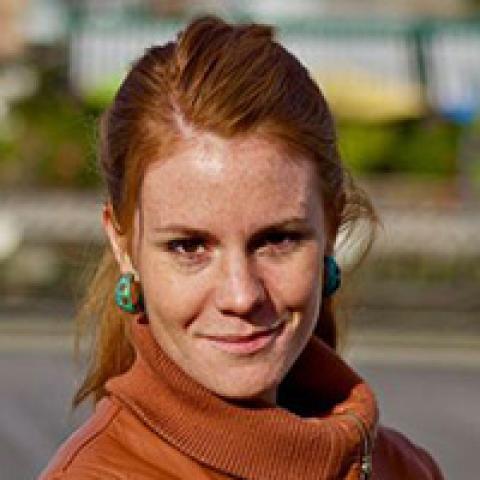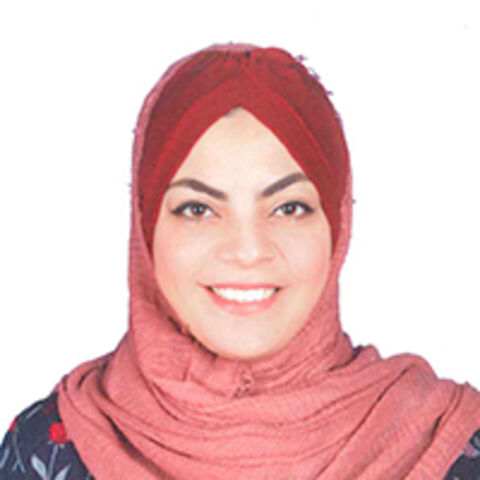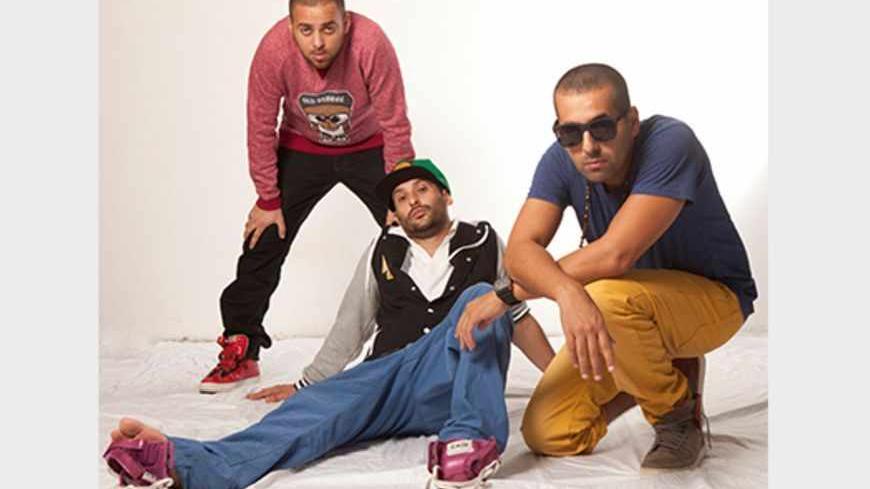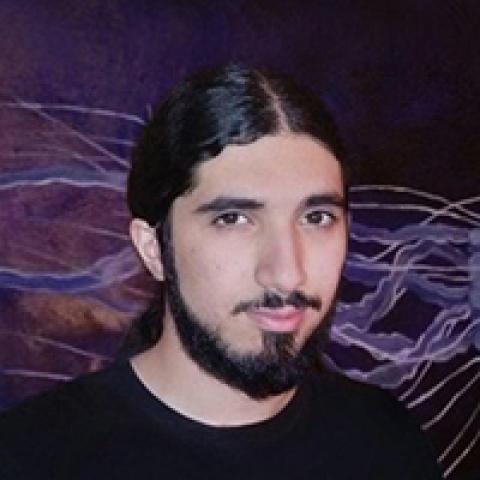Musician Arash Sobhani brings protest-infused Iranian rock to New York
The founder of the famed Tehran band Kiosk says the album addresses the failures of uprisings in Iran while incorporating influences from the wide range of musical styles in his new home.
NEW YORK — An acclaimed Iranian musician takes the stage in New York this week, bringing a mix of Iranian as well as world-music influences and songs that reflect the situation in the Islamic Republic to a city audience.
Arash Sobhani will play at DROM in the East Village on Thursday night. He will be performing songs from his debut solo album, DOOD, released earlier this year.
Sobhani said he drew inspiration from the “melting pot” of musical influences in the city, including Eastern European and Mediterranean sounds, in composing the album while staying true to his roots.
“I wanted to experience that sound with Iranian lyrics. The way Farsi sounds, it doesn't lend itself to a lot of different genres,” Sobhani told Al-Monitor. “This was an attempt to see if I can bring in all these influences and still make meaningful lyrics.”
Sobhani is the founder of the Iranian alternative rock band Kiosk. Founded in Tehran in 2003, the band's members now reside in the United States and Canada. Sobhani also previously hosted the satirical news program "OnTen," which aired between 2012 and 2015, on the US government-funded Voice of America’s Persian channel. Sobhani left Iran in 2005, living in Stockholm, Washington and San Francisco before settling in New York in 2021.
DOOD, which means “smoke” in Persian, features Sobhani alongside musicians from Russia, Greece, Serbia and various other countries, covering a number of musical styles. The album opens with the title track, a display of Sobhani’s soothing vocals backed by a strong horn section and a jazzy drumbeat. The song entitled “Dunya,” which means “world,” leans more on Sobhani’s guitar work, showing his rock roots, while also incorporating a bouzouki.
Arash Sobhani performing in Washington on Nov. 16, 2025. (Arash Sobhani)
The lyrics partly address the political situation in Iran, including the 2022 Women Life Freedom protests. In one song, Sobhani sings, “What they sold you wasn’t hope; it was a cheap illusion.” He said the message demonstrates the frustration with the protests’ inability to affect change in Iran.
“All these uprisings happened back to back and led to nothing. The hopes that this generation had didn't really materialize,” he said. “The album is more self-reflecting and more deep in a way, to accept the defeat, to think about how we should change our approach.”
The protests began when Mahsa Amini, a young Kurdish woman, was allegedly beaten to death by Iran’s religious police over how she was wearing her hijab. Her death sparked widespread demonstrations and riots, but the movement dissipated in 2023 following a government crackdown. All in all, around 20,000 people were arrested in connection with the protests, and more than 550 were killed, largely by security forces.
Sobhani said that recent protests in Iran and other parts of the Middle East offered "false hope" to the masses, often due to a lack of a plan toward implementing change. Individuals in Iran and the region will need to look within themselves in the future, he said.
"It starts in the individuals, that we have to change certain things within our mindsets to be able to overcome a dictatorship," said Sobhani. "That's the story behind the album."
A number of musicians who supported the protests have been imprisoned, including rapper Toomaj and singer Shervin Hajipour.
Sobhani said the audience at his shows is made up largely of members of the Iranian diaspora, especially those who follow politics in their home country.
A number of Iranian musicians have based themselves in the United States since the 1979 Islamic Revolution, including singer Leila Forouhar and setar player Kayhan Kalhor, partly due to the lack of freedom of expression in the country. Forouhar left in 1986 and settled in Los Angeles. Kalhor left in 1981 for Italy and then Canada before moving to New York in 1991. He returned to Iran in 2021 amid a legal case over his immigration status.
Arash Sobhani performs live at DROM on Thursday, Nov. 20, at 8:00 p.m. Tickets are available at eventbrite.com.








